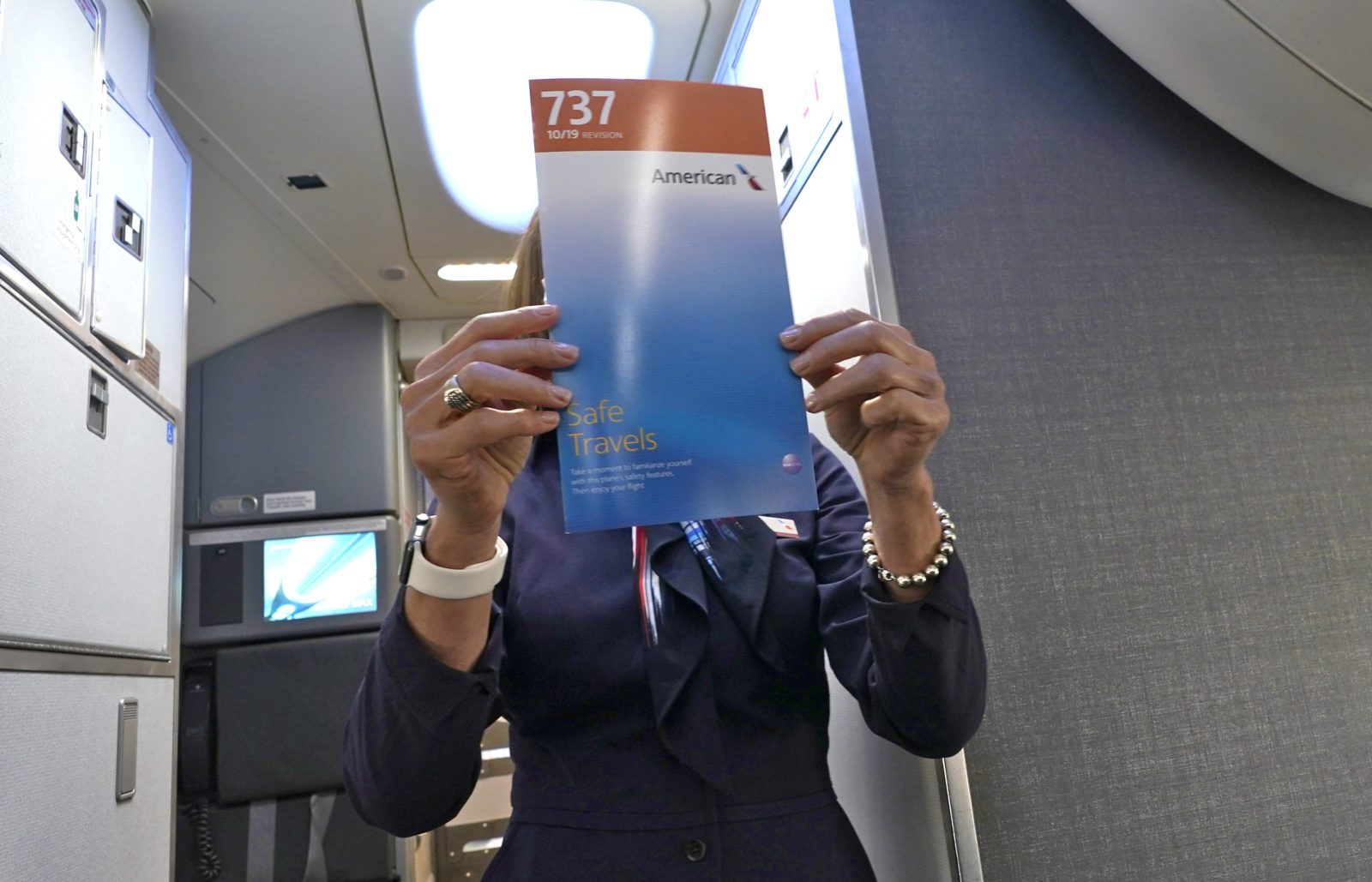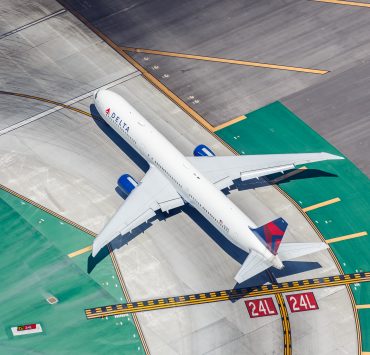
Flight attendants at American Airlines have voted overwhelmingly in favor of strike action, the union which represents crew members at the Dallas Fort Worth-based carrier said on Wednesday.
The Association of Professional Flight Attendants (APFA) said 99.47% of participating flight attendants voted in favor of authorizing strike action in an escalating dispute over pay and conditions. More than 93% of eligible crew members took part in the vote.
“Today, we sent a clear message to American Airlines management: We are fired up and ready for a contract,” commented APFA president Julie Hedrick as the results were announced.
“They ignore this strike vote at their peril,” Hedrick continued. “Our contributions to the success of American Airlines must be recognized and respected.”
The union is demanding big pay rises along with a slew of lifestyle improvements, and while many elements of a new contract have been agreed, the contentious issue of pay remains in a deadlock situation.
American Airlines says it is committed to reaching a deal with its flight attendants which recognizes the work they do. Chief executive Robert Isom told flight attendants in a recent town hall that they should expect an “industry-leading” contract.
In many respects, the strike authorization vote is simply a bargaining tool that will allow APFA to return to the negotiating table with a clear mandate from its members to push for more concessions from the airline.
The possibility of a strike actually taking place is still a long way off, and APFA would have to jump through several legal hoops before this could happen.
American Airlines and APFA are currently being assisted in negotiations by federal mediators, and this process would first have to fail before flight attendants could move closer to a walkout.
If mediation does fail, however, the two parties would then have to be released into a cooling-off period. This 30-day cooling-off period can only be authorized by the National Mediation Board.
Mateusz Maszczynski honed his skills as an international flight attendant at the most prominent airline in the Middle East and has been flying throughout the COVID-19 pandemic for a well-known European airline. Matt is passionate about the aviation industry and has become an expert in passenger experience and human-centric stories. Always keeping an ear close to the ground, Matt's industry insights, analysis and news coverage is frequently relied upon by some of the biggest names in journalism.










Scott Kirby is not the CEO of AA
Can you tell it’s been a really long week? And it’s only Wednesday!!